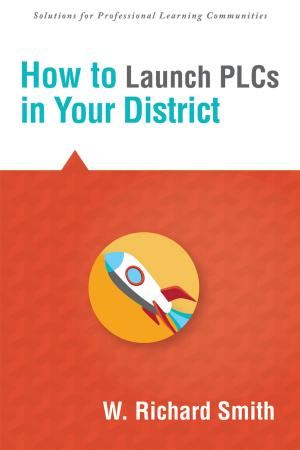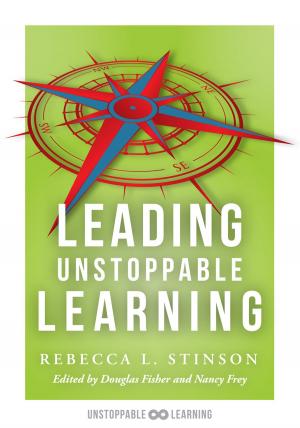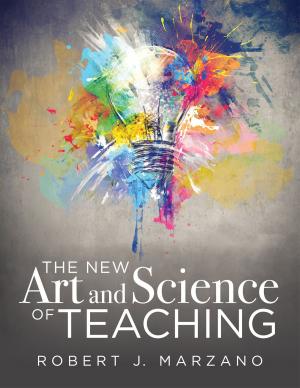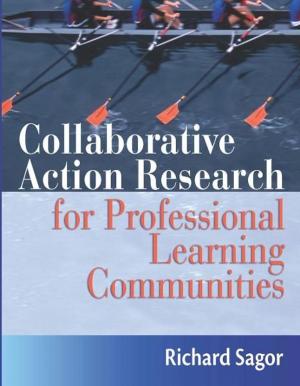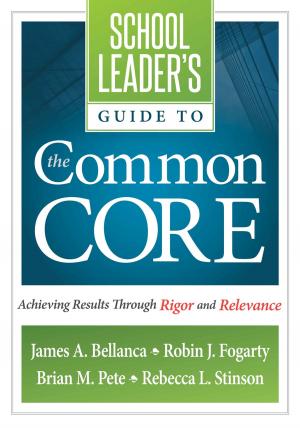The Global Education Guidebook
Humanizing K-12 Classrooms Worldwide Through Equitable Partnerships
Nonfiction, Reference & Language, Education & Teaching, Teaching, Teaching Methods| Author: | Jennifer D. Klein | ISBN: | 9781943874644 |
| Publisher: | Solution Tree Press | Publication: | June 21, 2017 |
| Imprint: | Solution Tree Press | Language: | English |
| Author: | Jennifer D. Klein |
| ISBN: | 9781943874644 |
| Publisher: | Solution Tree Press |
| Publication: | June 21, 2017 |
| Imprint: | Solution Tree Press |
| Language: | English |
Educators worldwide are striving to connect their students to classrooms and experts in ways that humanize the world, while preparing students to thrive in the 21st century. This practical guide takes readers through the steps and strategies needed to set up an equitable and global learning alliance that benefits all learners, founded in the tenets of global citizenship and cultural competence. Readers also have access to reproducible worksheets and assessments for setting up and evaluating their cooperative learning partnerships. This book is perfect for specialists, after-school program leaders, camp counselors, and anyone seeking to foster global citizenship and encourage collaborative action in young people. How this guide to global education will help you: • Explore examples of elementary, middle, and high school partnerships that target the critical thinking and 21st century skills students need for life in a complex world. • Gain wisdom from global education leaders and practitioners who have firsthand experience building successful and transformative global education partnerships for students. • Consider educational technology, communication platforms, organizations, and strategies for finding and fostering a long-term global partnership for education. • Understand the equity pitfalls of global partnerships and explore cross-cultural management strategies for building equitable relationships with other communities in the world. • Learn about assessing intercultural competence and partnership programs, as well as ways to expand global learning opportunities across your community. Contents Chapter 1: Building Global Competencies Via Global Partnerships Chapter 2: Preparing for Global Collaboration: Considerations Before the Search Chapter 3: Getting a Feel for What’s Possible Chapter 4: Finding Existing Partnership Programs That Work Chapter 5: Finding a Global Partner on Your Own Chapter 6: Strategizing for Successful Communication Chapter 7: Avoiding Equity Pitfalls Chapter 8: Exploring Social Justice Challenges Through Partnerships Chapter 9: Assessing Global Competencies and Partnerships Chapter 10: Building a Culture of Global Engagement Across the Community References and Resources
Educators worldwide are striving to connect their students to classrooms and experts in ways that humanize the world, while preparing students to thrive in the 21st century. This practical guide takes readers through the steps and strategies needed to set up an equitable and global learning alliance that benefits all learners, founded in the tenets of global citizenship and cultural competence. Readers also have access to reproducible worksheets and assessments for setting up and evaluating their cooperative learning partnerships. This book is perfect for specialists, after-school program leaders, camp counselors, and anyone seeking to foster global citizenship and encourage collaborative action in young people. How this guide to global education will help you: • Explore examples of elementary, middle, and high school partnerships that target the critical thinking and 21st century skills students need for life in a complex world. • Gain wisdom from global education leaders and practitioners who have firsthand experience building successful and transformative global education partnerships for students. • Consider educational technology, communication platforms, organizations, and strategies for finding and fostering a long-term global partnership for education. • Understand the equity pitfalls of global partnerships and explore cross-cultural management strategies for building equitable relationships with other communities in the world. • Learn about assessing intercultural competence and partnership programs, as well as ways to expand global learning opportunities across your community. Contents Chapter 1: Building Global Competencies Via Global Partnerships Chapter 2: Preparing for Global Collaboration: Considerations Before the Search Chapter 3: Getting a Feel for What’s Possible Chapter 4: Finding Existing Partnership Programs That Work Chapter 5: Finding a Global Partner on Your Own Chapter 6: Strategizing for Successful Communication Chapter 7: Avoiding Equity Pitfalls Chapter 8: Exploring Social Justice Challenges Through Partnerships Chapter 9: Assessing Global Competencies and Partnerships Chapter 10: Building a Culture of Global Engagement Across the Community References and Resources
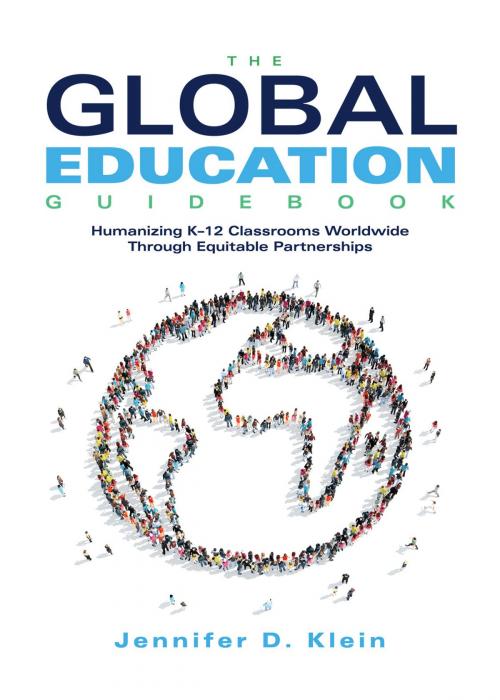
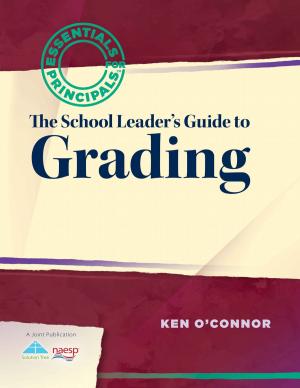
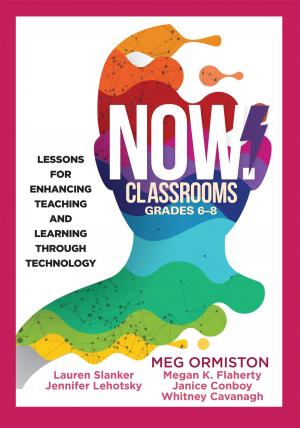
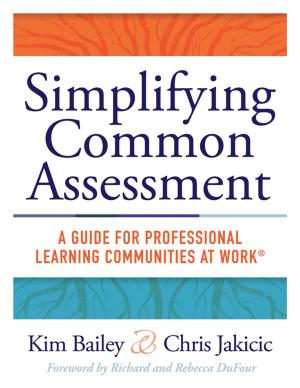


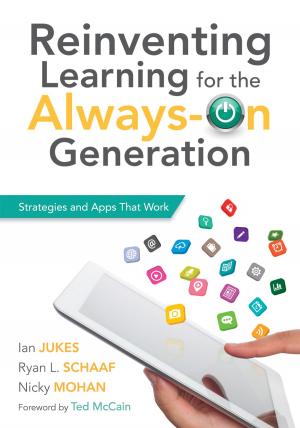
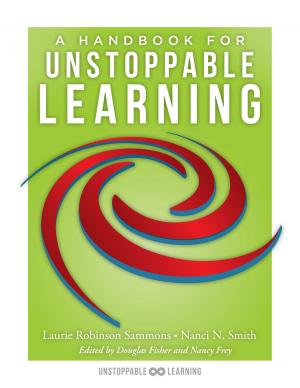

![Cover of the book Best Practices at Tier 1 [Elementary] by Jennifer D. Klein](https://www.kuoky.com/images/2015/october/300x300/9781936763948-y8m2_300x.jpg)
